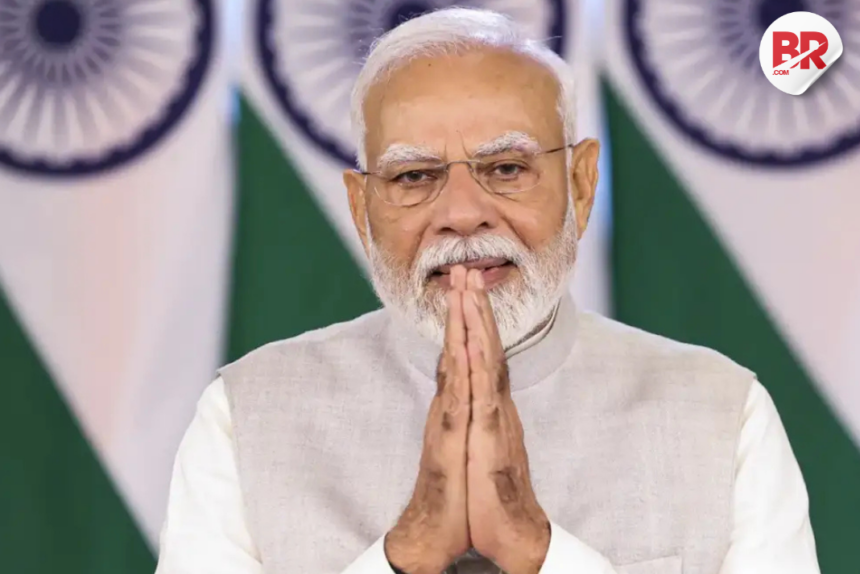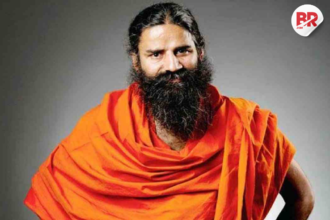
When Prime Minister Narendra Modi stood at the podium and outlined India’s new anti-terror doctrine, it wasn’t business as usual. It was a line drawn in fire—one that Pakistan, and the world, could see clearly.
Modi’s speech wasn’t packed with rhetoric. It was packed with resolve. The message was simple: India won’t wait to be attacked. It will act. Proactively. Decisively. With zero tolerance.

So what’s changed—and why does it matter?
According to Uttar Pradesh Chief Minister Yogi Adityanath, Modi’s speech marks “a clear declaration of New India’s policy against terror.” That’s not just political praise—it’s a signal of national strategy. Adityanath governs India’s most populous state and is a key player in the BJP’s Hindutva-driven governance. His endorsement reflects a united front that stretches from Delhi to the grassroots.
For everyday Indians, this means three things:
- Stronger security: Expect more surveillance, better coordination between agencies, and preemptive crackdowns.
- Tougher laws: Legal loopholes that once helped terror financiers might soon vanish.
- Public engagement: Citizens will play a greater role—reporting, resisting, and staying alert.
🚨 PM MODI: “NO MORE NUCLEAR BLACKMAIL” 🔥🇮🇳
“Terror attacks on India will face a BEFITTING REPLY and the response will be on OUR TERMS.”
PM Modi draws a red line for terror & blackmail. India will no longer stay silent.
New India, new rules.#ModiSpeech #NoMoreBlackmail… pic.twitter.com/Jgwz7ONCO4— ViralNewsHQ™ (@viralposts2323) May 12, 2025
And for Pakistan? The message is loud and clear: Cross-border terrorism has a cost.
India isn’t going to “appeal” or “urge restraint.” Those were the old playbooks—written for a different era. Today, Modi’s India has rewritten the rules. If there’s credible intelligence, action will follow.
This mirrors recent trends, too. After the Pulwama attack in 2019, India’s Balakot airstrikes were a defining moment. But now, that isn’t the exception—it’s the policy.
Adityanath’s support isn’t symbolic. It’s strategic.
With a deeply rooted political base and a reputation for swift law enforcement, his alignment with Modi on this anti-terror doctrine means the center and states are speaking the same language.
Also Read Before-After Satellite Pics: How India Erased Pak Terror Camps and Airfields in 25 Minutes
Internationally, this shift has ripple effects.
India is deepening security ties with nations like Israel, France, and the U.S.—countries that understand the cost of letting terror fester. Global cooperation on intelligence, drone tech, and cyber-defense is now part of the playbook.
Yes, it’s about safety. But it’s also about sovereignty.
For too long, India was told to “show restraint.”
For too long, Pakistan played both arsonist and firefighter—sponsoring terror, then denying it.
That game is over.
India’s new anti-terror stance says: We’re done asking. We’re done waiting. We’re leading.
Also Read India’s In-Between State: How We Turn Crisis Into Competitive Edge












